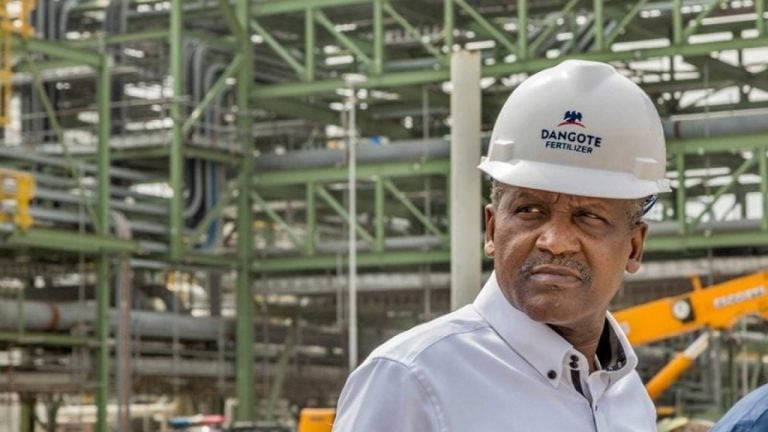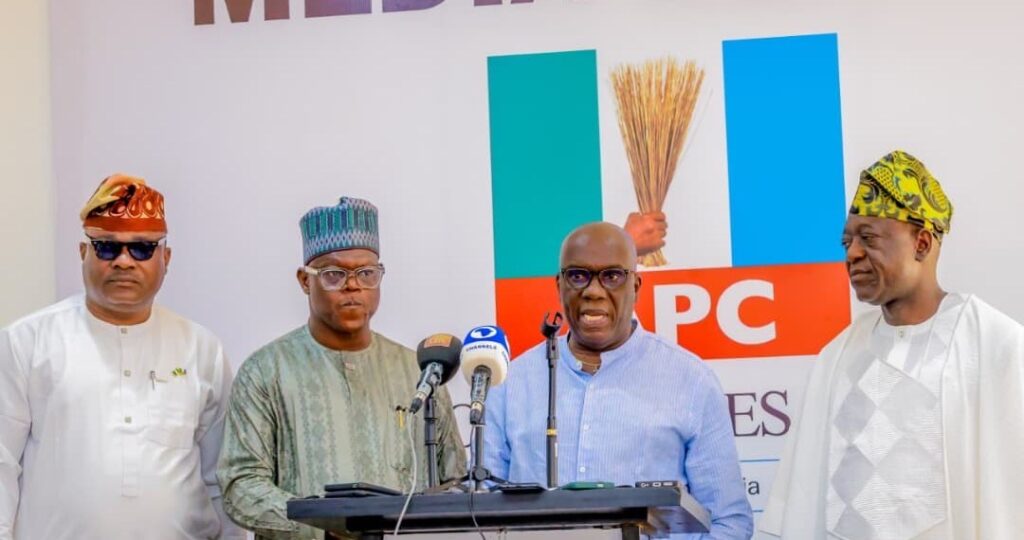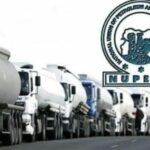Marketers Urge Dangote Refinery to Embrace Inclusive Distribution Model

Oil marketers have called on the Dangote Refinery to adopt a more inclusive distribution strategy, warning that its new fleet of compressed natural gas (CNG)-powered delivery trucks alone cannot guarantee nationwide supply.
Speaking on Channels Television’s The Morning Brief, the National President of the Petroleum Products Retail Outlets Owners Association of Nigeria (PETROAN), Billy Gillis-Harry, applauded the refinery’s investment but stressed that it must work alongside Nigeria’s existing downstream infrastructure.
“All we are asking for is inclusion because there is no way Dangote’s trucks will be enough to supply products to the nooks and crannies of the country,” Gillis-Harry said.
He noted that PETROAN members are also investing in CNG-powered trucks, arguing that Dangote is not the sole innovator in this space.
“All we want is to ensure seamless and effective supplies to even areas where Dangote’s trucks cannot reach,” he added.
Dangote recently announced plans to acquire 4,000 trucks for direct delivery to marketers, with 1,000 already in Nigeria and the rest expected from China.
The move has raised concerns that the refinery’s delivery model could sideline depot owners and disrupt the decades-old distribution network that connects smaller towns and remote fuel stations.
While PETROAN members continue to load products from Dangote, Gillis-Harry said they want formal negotiations and assurances that retailers will retain access to depots nationwide.
The debate has attracted attention from industry leaders. Billionaire businessman Femi Otedola previously urged marketers to restructure, sell redundant assets, and reinvest in order to stay competitive in Nigeria’s new domestic refining era.
However, Gillis-Harry rejected that position. “And I think that (Otedola’s statement) is not a very dependable thought or statement,” he said.
“Are you telling me that all the investment that has happened in that sector should just be forgotten? We all worked together during the petroleum distribution era. Yes, new things come, old things will go. But there are infrastructures that consistently will be tweaked to be able to serve even in this current reality.”









